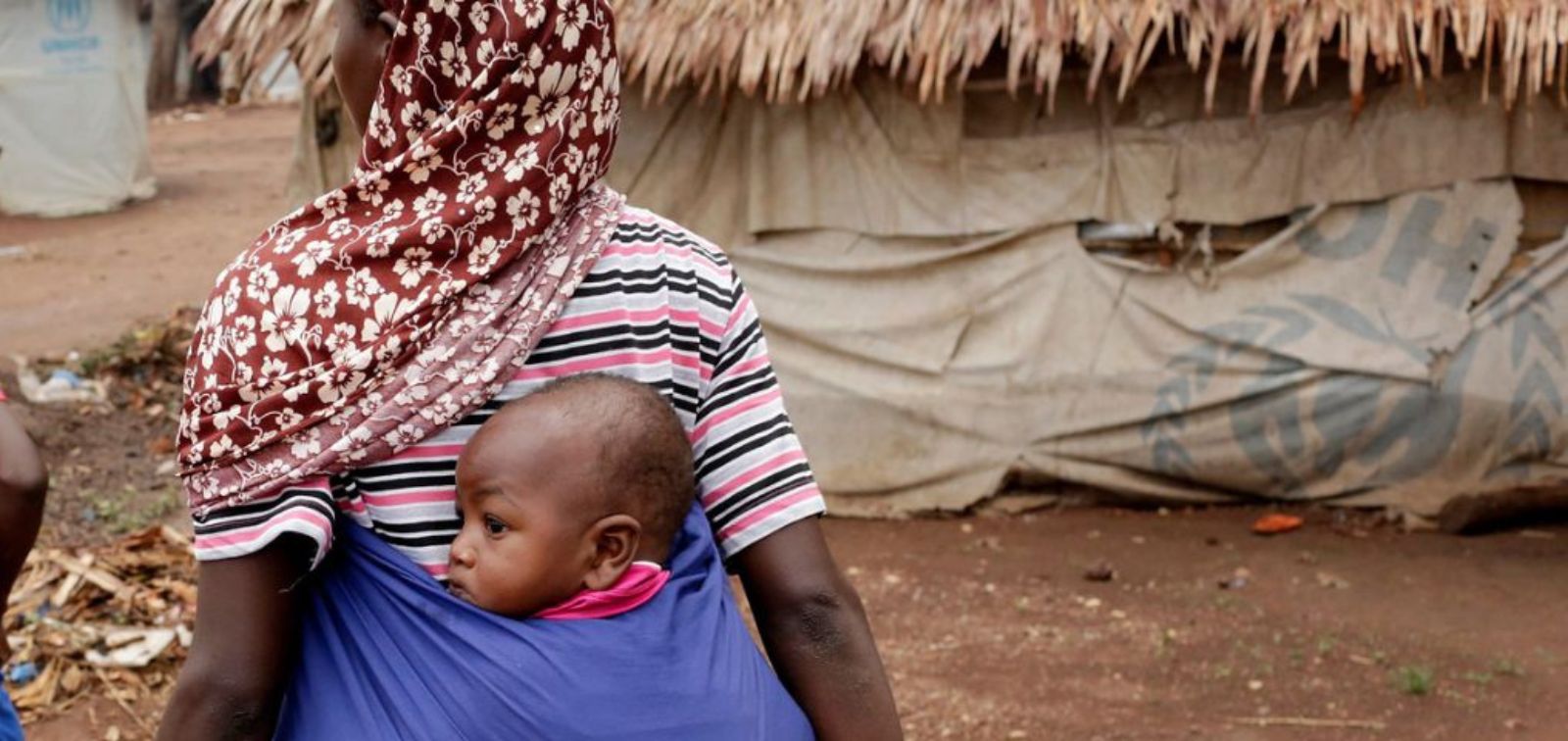VaMonoS
Unravelling the heterogoneity and function of monocytes in vaccination and immunity to malaria

- Durada
- 01/09/2023 - 31/08/2026
- Coordinador
- Gemma Moncunill
- Finançadors
- Ayuda PID2022-140479OB-I00
Malaria remains one of the major public health concerns worldwide. An effective vaccine against malaria is a global health priority to advance toward the elimination goals of this infectious disease. WHO recently recommended the RTS,S/AS01E malaria vaccine for African children for areas with high and medium malaria transmission. However, RTS,S has a moderate efficacy that needs to be improved. Understanding its mode of action and why a high proportion of vaccinated children are not protected will guide rational development of second-generation better vaccines. Whereas antibodies induced by RTS,S are associated with protection, the exact effector mechanisms have not been well defined.
Additionally, there is high heterogeneity in the antibody levels induced by the vaccine in African children and the factors and mechanisms associated with this heterogeneity are uncertain. There are also are vaccinated children who despite high antibody titers are not protected. Monocytes are crucial innate cells for early vaccine responses through inflammatory responses, antigen-presenting functions and interactions with T cells that shape the subsequent acquired response to the vaccine. This cell type is also important for antibody effector functions via binding to Fc receptors (FcR) through mechanisms such as antibodydependent phagocytosis. Therefore, particular monocyte subsets may impact vaccine outcomes. Our project aims to decipher the molecular, phenotypic and functional profiles of monocyte subsets associated with vaccine immunogenicity and induced protection.
In addition, malaria exposure is known to alter the composition and function of monocytes. Therefore, we also seek to elucidate the impact of malaria exposure on monocyte subsets associated with vaccine outcomes. To this end, we will use cryopreserved peripheral blood mononuclear cells and data collected in (i) an immunological study ancillary to the RTS,S pediatric phase 3 trial, before and after vaccination, and (ii) in a trial performed in malaria-naïve adults to optimize the dose and route of sporozoites injections in controlled human malaria infection studies. For sample selection, we will use exhaustive antibody and clinical data already gathered in the RTS,S immunology study to define high and low vaccine responders, protected and protected children and malaria-exposed and unexposed individuals. We will perform in-depth immune phenotyping of monocytes through spectral flow cytometry and single-cell RNA-Seq and subsequently in vitro assays to assess the function of the identified monocyte subsets.
This study will generate unprecedented knowledge on monocyte immunology, particularly in a vulnerable population. Expected results will shed light into the immunological and molecular basis of interindividual heterogeneity in the response to vaccines, particularly to RTS,S and one of the factors (malaria exposure) that may be behind monocytes heterogeneity. Identifying the immunological basis of this variability and unraveling the role of monocytes in vaccine responses and protection will allow the identification of targets, interventions and strategies to induce effective immune responses in all individuals and improve efficacy.
Total Funding
321.250 €
Our Team
Coordinator
-
 Gemma Moncunill Associate Research Professor
Gemma Moncunill Associate Research Professor
ISGlobal Team
-
 Ruth Aguilar Staff Scientist
Ruth Aguilar Staff Scientist -
 REBECA SANTANO Staff Scientist
REBECA SANTANO Staff Scientist -
 Carla Morales Ferré Investigadora postdoctoral
Carla Morales Ferré Investigadora postdoctoral -
 Dídac Macià Investigador postdoctoral
Dídac Macià Investigador postdoctoral -
 Luis Molinos Junior Research Leader
Luis Molinos Junior Research Leader -
Diana Barrios Rodriguez




